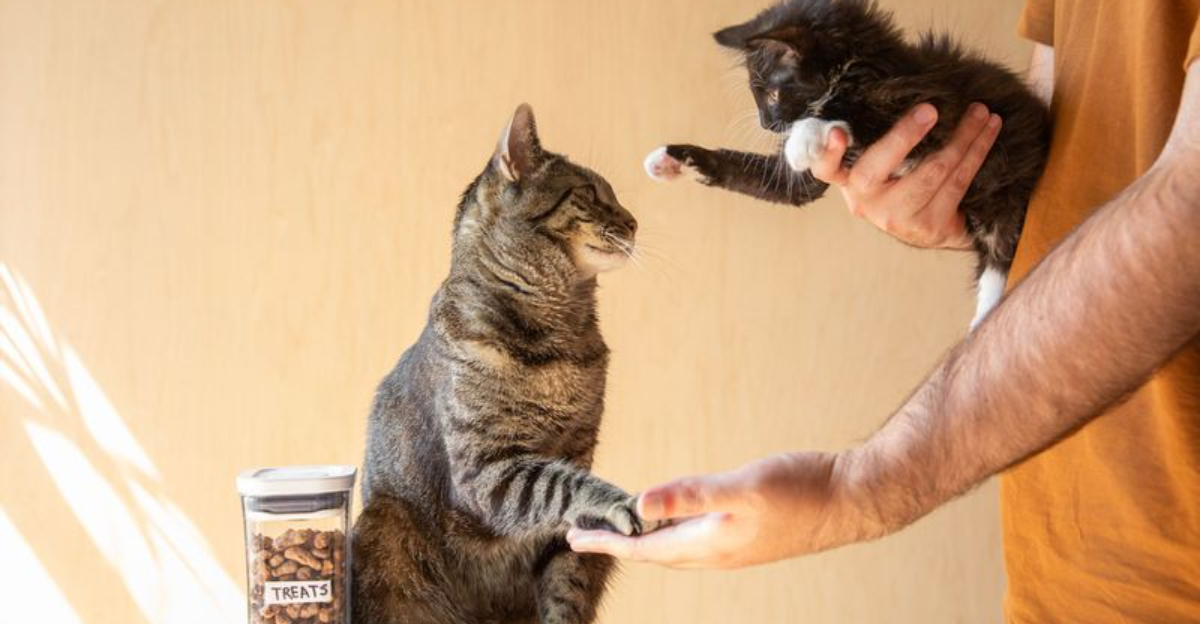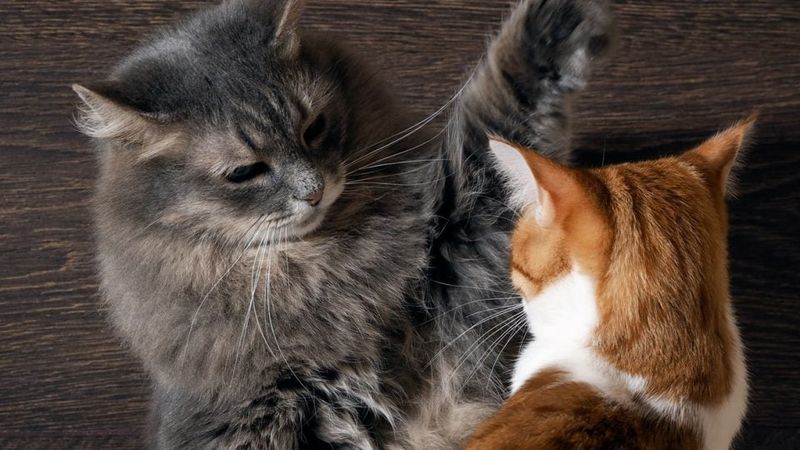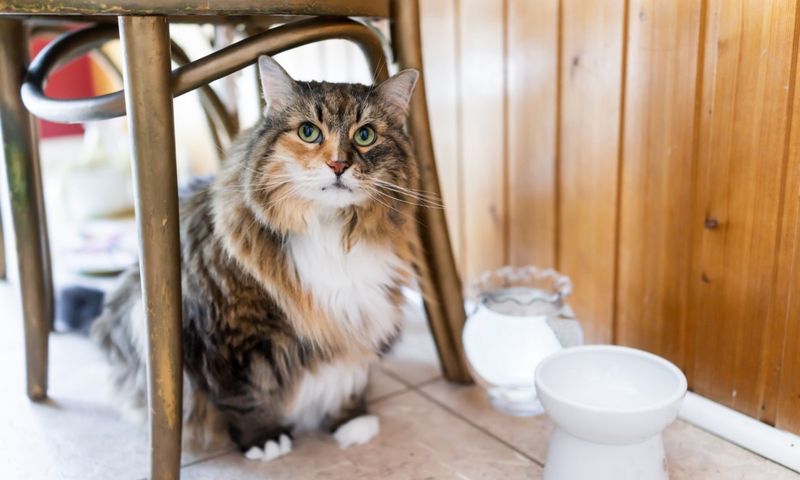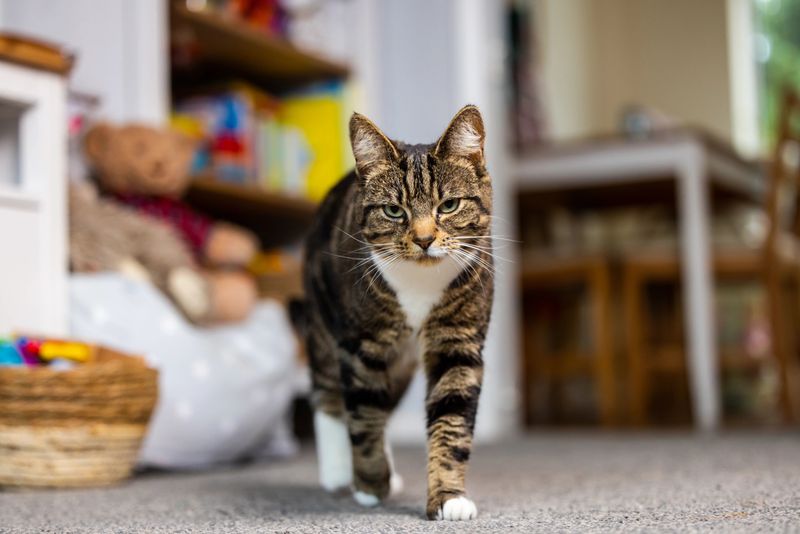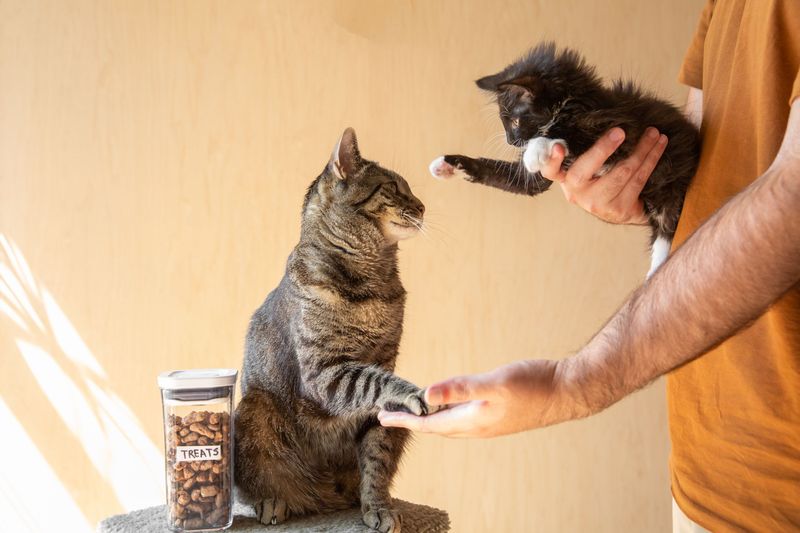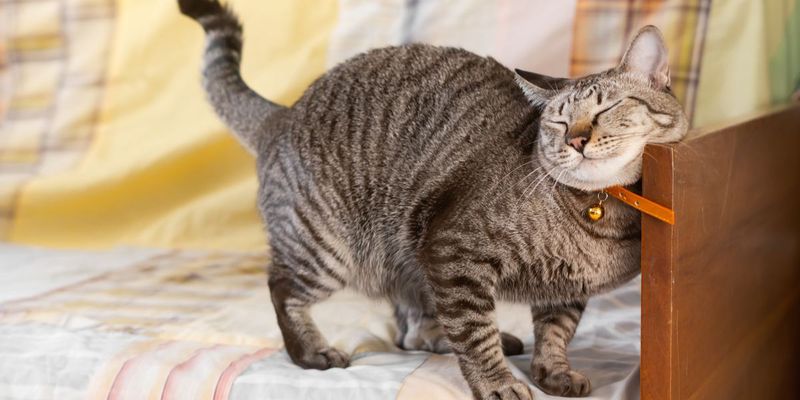📖 Table of Content:
Jealousy isn’t just a human emotion — cats, especially kittens, can experience it too. While they may not express envy in the same way we do, their body language, behaviors, and sudden shifts in personality often reflect feelings of possessiveness, insecurity, or rivalry. Understanding these emotional cues can make a huge difference in nurturing a happy, balanced bond with your feline friend.
Many new kitten owners are surprised to find their playful, cuddly companion turning aloof or even aggressive after introducing a new person, pet, or significant change in routine. These signs are often dismissed as “moodiness,” but they can actually stem from your kitten feeling overlooked or displaced. When left unaddressed, such jealousy may spiral into behavioral problems that disrupt your household and impact your kitten’s well-being.
In this guide, we’ll walk you through five clear red flags that signal your kitten may be experiencing jealousy. More importantly, you’ll learn what not to do when these behaviors surface — small adjustments in how you handle your kitten’s emotions can create lasting improvements. Whether you’re introducing a new pet, a partner, or simply spending less time at home, recognizing and responding to jealousy the right way is key to a more harmonious home.
1. Sudden Aggression Toward You or Others
Outbursts of aggression—like swatting, growling, or nipping—can often be your kitten’s way of saying, “Hey, what about me?” Unlike playful biting, this kind of hostility usually comes on suddenly and often in response to you petting or playing with someone else. Jealous kittens might lash out at the new person or pet who seems to be stealing their spotlight. Even if your kitten was previously friendly, a shift in your attention can trigger defensive behavior. Brushing this off as “bad behavior” only deepens their sense of insecurity. Instead, your kitten needs to feel seen, valued, and safe when your focus shifts temporarily. To stop this cycle, don’t overindulge others in your kitten’s presence—find small ways to reaffirm their bond with you daily.
2. Destructive Behavior
Furniture-shredding or relentless curtain-climbing isn’t always random mischief—it can be fueled by jealousy. Once your kitten associates your absence or divided attention with anxiety, they may act out through destruction. Tearing, knocking, or excessive climbing are all ways to channel frustrated energy. You may also notice this behavior intensify after you spend time with a new pet or visitor. Reacting with anger only teaches your kitten that their fears result in punishment. What they need instead is environmental enrichment and balanced attention to help calm their nerves. Always interpret destructive bursts as communication, not defiance—your kitten may just be screaming for your emotional presence.
3. Over-Attachment and Clinginess
Velcro-like behavior—such as persistent following, excessive meowing, or constant pawing—is often rooted in jealousy-based anxiety. These actions aren’t about being needy for no reason; they’re cries for security and closeness in a world that suddenly feels uncertain. When your kitten senses competition for your affection, they may become hyper-vigilant about staying close to you. Ignoring or pushing them away when they’re being clingy can increase their desperation. Instead, reassuring them with gentle voice tones, scheduled cuddle times, and play breaks can rebuild trust. Consider this behavior a sign that they’re trying hard to stay emotionally connected. The solution isn’t to distance yourself—it’s to make their emotional bucket feel full again.
4. Avoiding or Resenting a New Pet or Person
Withdrawing from the room, refusing food, or hiding under furniture can all be signs your kitten is unhappy with a new addition to the home. Rather than confronting the source of their discomfort, kittens often retreat into themselves when they feel threatened or overlooked. Jealousy doesn’t always look like a hiss or a swat—it can be quiet, passive, and heartbreaking. If your kitten seems disconnected after someone new arrives, that’s your cue to slow the introductions and rebuild their sense of safety. Rushing them into bonding is a recipe for long-term resentment. Instead, pair every new experience with treats, play, or affection so they begin associating change with positivity. A little patience here prevents long-lasting distrust down the road.
5. Marking Territory
Urinating on your bed, clothing, or near a rival’s belongings can be your kitten’s attempt to reclaim their space. While this behavior is frustrating, it’s rarely about disobedience—it’s emotional messaging written in scent. When your kitten marks territory, they’re saying, “This is mine too,” especially if they feel pushed out. Harsh discipline only adds anxiety and deepens the need to assert ownership through scent. What helps more is reintroducing their personal spaces with confidence-building activities like solo play or cozy bedding. Consider the location of litter boxes and safe zones—your kitten needs accessible, private areas where they feel in control. Respecting their emotional territory is just as important as their physical one.
